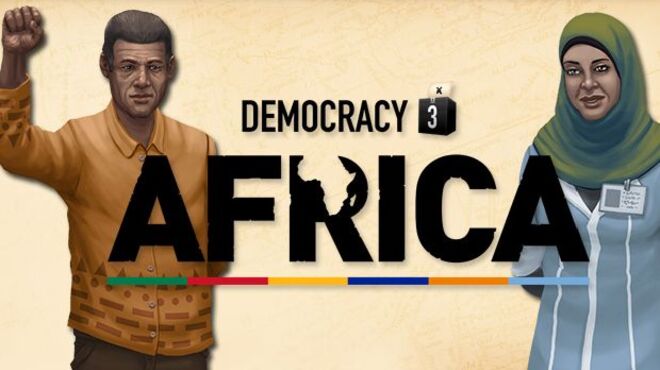
Local political tradition plays a critical role in how fast democracy takes root in a country, but it is not deterministic. The argument that democracy is incompatible with certain cultures can be heard by defenders of autocracy around the world. They all argue that Russia must follow its own culturally determined path and that exactly because of Russia’s unwillingness to bend to the diktat of liberal democracies, it inevitably finds itself in conflict with the West. And in Russia itself, the belief that Western-style democracy is impossible is shared not only by Putin supporters but also monarchists, communists, nationalists, and Eurasianists. This hard truth raises a big question: Can Russia, as long as it is run as an empire and afflicted with post-imperial phantom pains, ever become a democracy?īecause of Russia’s long history of despotism, many in the West doubt that Russians are capable of adopting democracy. Russia’s failure to become a democracy is the root cause of its conflict with the West-and will be the country’s biggest burden in the era after Putin.

And a democratic Russia would not be waging war on another democracy, Ukraine, or threatening other European democracies. It is not the alliance’s enlargement that led Putin to attack Ukraine it is Russia’s failure to become a democracy.Ī democratic Russia would not have taken issue with an alliance of democracies moving closer to its borders. That the Kremlin still plays up NATO as a bogeyman says more about Russia’s phobias than actual dangers the country faces. Even with East-West relations at their worst since the darkest days of the Cold War, the United States and its allies do not pose a military threat to Russia thanks to Moscow’s nuclear deterrent. Putin has since made clear that his real objective in Ukraine is to reconquer territory once controlled by Russia.Ĭalling NATO the instigator of Putin’s war of aggression is a distraction, not a reason. Moreover, by seizing Crimea and kindling a low-level war in eastern Ukraine in 2014, Putin effectively derailed Ukrainian NATO membership by creating an intractable territorial conflict the alliance would be loath to inherit.

Bush completely uninterested in the prospect. This narrative ignores that Ukrainians were deeply ambivalent about joining NATO before Putin first invaded their country eight years ago and that the alliance itself was divided over Ukraine’s membership, with Germany and France opposed and all U.S. Seemingly at the peak of his power, Putin launched a full-scale invasion of Ukraine and threatened the West with nuclear war if it intervened militarily.īoth in Russia and the West, a popular explanation for Putin’s attack is that the United States and its allies are to blame because they expanded NATO eastward, forcing him to make a last stand in Ukraine. After Putin extended his rule by another two six-year terms in 2020 and then poisoned and imprisoned his fiercest domestic opponent, Alexey Navalny, Russia emerged as an unabashed dictatorship. In their place, Putin patched together a facade that displayed all the rituals and institutions of a democracy-but was nothing more than an empty shell.

The process of democratization began, with the Kremlin relinquishing its monopoly on politics and lifting restrictions on Russians’ ability to assemble, express themselves, and travel abroad.īut democracy did not take hold in Russia, and by the time I heard Albright speak in Moscow, Yeltsin’s successor, Vladimir Putin, was diligently dismantling the feeble democratic institutions that did exist. Was it naive to believe that Russia would take a democratic turn after abandoning communism? As the Cold War ended, the West first embraced Mikhail Gorbachev, the last Soviet leader, and Boris Yeltsin, Russia’s first president, as democrats. “Because we expected more of you,” Albright replied. When her speech was over, an earnest young Siberian, speaking flawless English, asked why the United States kept picking on Russia’s human rights record when China’s was so much worse. Secretary of State Madeleine Albright spoke at an investment conference in Moscow. In 2006, when global investors still flocked to Russia-and Russians still cared about their international reputation-former U.S.


 0 kommentar(er)
0 kommentar(er)
